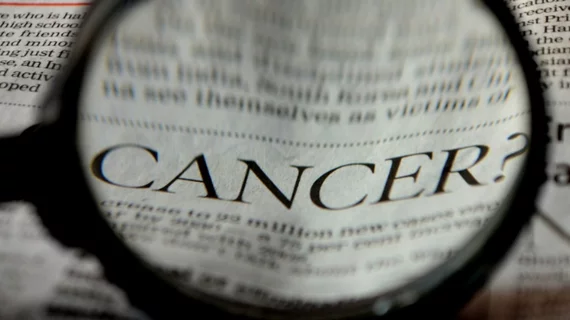How imaging tissue oxygenation can improve cancer treatments
A team at Arizona State University (ASU) is researching new methods for measuring tissue oxygenation using advanced 3D imaging in an effort to improve cancer treatments.
Cancer treatments such as radiotherapy aren't as effective in hypoxic regions due to the lack of oxygen. But researchers hope their work may help radiologists increase the doses of radiotherapy where tumors may metastasize or resist therapy.
“Knowing about the oxygenation (of tissues) might allow us to tailor the therapy to make it better and to use other therapeutic interventions that are more appropriate,” Vikram Kodibagkar, PhD, of the Ira A. Fulton Schools of Engineering at ASU, said in a prepared statement. “There are new therapies that can target the hypoxia.”
The researchers, led by Kodibagkar, are using a contrast agent to track its passage through hypoxic areas. Using MRI scanners, they can determine how the contrast agent moves through blood vessels and how it binds to its environment. If the agent collects in an area of tissue, they know it has passed through damaged vessels.
Kodibagkar and his colleagues have also used phantoms to simulate various conditions in the body including temperature changes and the amount of oxygen present. The phantoms are also scanned using MRI to determine how the contrast agent reacts and they compare those results with controlled environmental changes.

